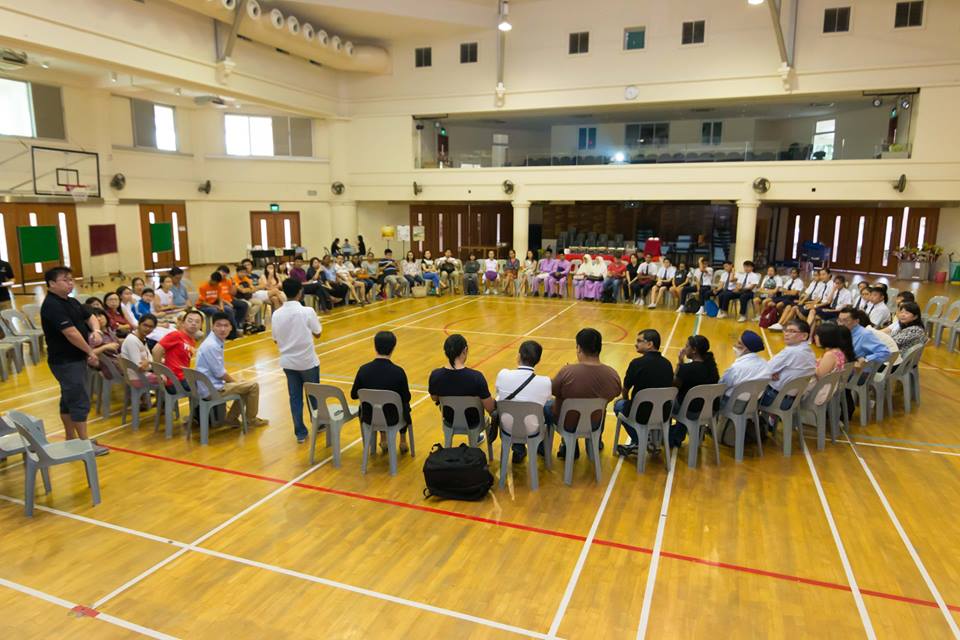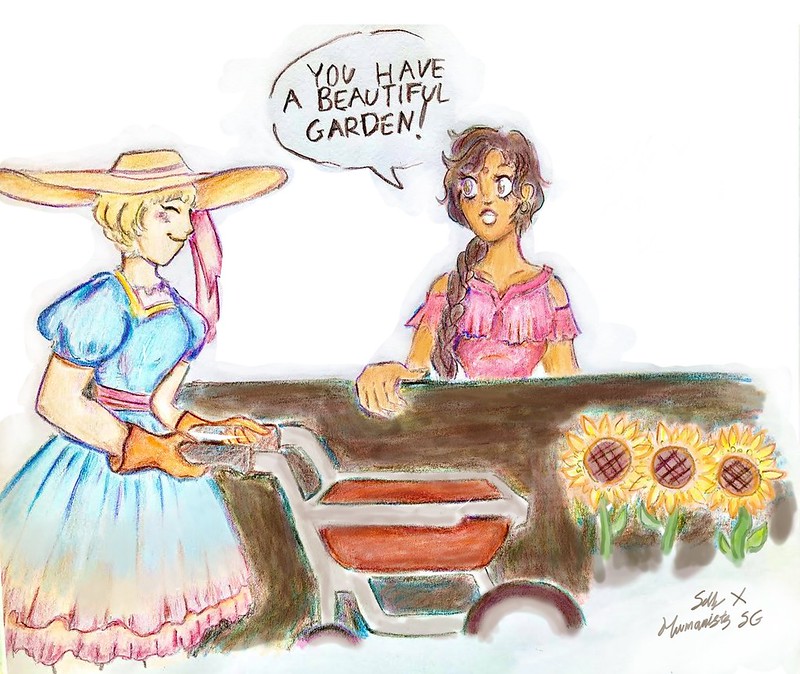
Every year on 21 July, Singapore holds Racial Harmony Day to commemorate the communal riots of 1964 and to reaffirm the importance of maintaining racial and religious harmony in Singapore’s multicultural and multi-ethnic society.
The Humanist Society (Singapore) understands the sensitivities concerning race and religion in Singapore. While Singapore has achieved much progress since independence in strengthening interracial and interfaith relations, from time to time there will be incidents that raise tensions between different race and religious communities. On our end, the Society has accumulated years of experience in facilitating dialogues between people of different races and religious backgrounds, including people who are non-religious.
Interracial and interreligious dialogues are necessary for nation-building, and should continue in a well-managed and constructive way. We have compiled a list of 8 tips useful for discussing race and religion in Singapore.
1) Start with common ground

Any two individuals in the world have common ground. No matter how big the gulf is, there is always something in common. Start by sharing:
- Common moral principles (universal human values like fairness, honesty, charity)
- Shared experiences in life (growing up in the same country, same era)
- Shared identities (nationality, occupation, stage in life, same fanclub)
2) Affirm the positive of the other side

No side is completely good or completely bad. There is always something to learn from the other side
- From the common grounds, affirm something (‘I like the fact that your community helps the poor, especially during economic downturn’)
- From the latest news, also affirm something (‘I recently read that your community has made a strong stand against extremism’)
3) Attend events where people expect, and actively seek criticism

At every public backlash, even in the worst of situations, there will always be people who still desire dialogue. At these dialogues, more participants will expect and actively seek constructive criticism.
Singapore has many government bodies, community groups and NGOs dedicated to preserving spaces for honest dialogue. There are many closed door dialogues organised by Inter-Religious Organisation (IRO), Inter-Racial and Religious Confidence Circle (IRCC), OnePeople.SG, Harmony Centre, Centre for Interfaith Understanding (CIFU), Humanity Matters, and hash.peace, to name a few.
The Humanist Society (Singapore) is an active participant and organiser of such spaces too. For example, we have our interfaith dialogues at our annual World Humanist Day.
4) Acknowledge self-reflections already made by members of the community

People know they are not perfect, and in every community, there are existing self-reflections. However, self-reflections are usually low profile or made behind closed doors.
Look out for speeches by community leaders who have the responsibility, and in the position to, discuss imperfections within a community. Do not obsess over the most popular posts on social media. Look out for key community websites and sources that are long underappreciated.
Acknowledge and celebrate all courageous efforts at self-improvement. Support open-minded pioneers in the community who has pushed relentlessly for community self-improvement. They had walked a difficult path and are a source of inspiration.
5) Have the courage to acknowledge imperfections on your side

In the process of acknowledging existing self-reflections of the other side, acknowledge imperfections on your side too. Far from appearing weak, you will be respected for your honesty and moral courage. Doing so will also preempt your own blind spots, making you far more persuasive.
6) Solve one difference at a time

You cannot fix the world alone, and you cannot fix it overnight. Solve one issue at a time.
Do not conflate differences unnecessarily. Read up on the differences before you bring them up. Some differences are linked, while others are not.
7) Removing emotional tones

When discussing the most sensitive disagreements, avoid emotionally-charged dialogue.
If you feel that tensions are rising, stop all dialogue and go for a walk.
Discuss ideas and systems, not criticise people and communities. Before sending a message, re-read them.
8) Agree to disagree

When differences cannot be resolved, agree to disagree.
Any two individuals in the world have common grounds, no two individuals are the same.
Diversity is a key source of strength for many countries and communities. Keep the door open for future dialogue, and you will be surprised by how much you can learn.
Finally, if the other party is unwilling or unable to engage in civil dialogue, remain calm and politely disengage.




